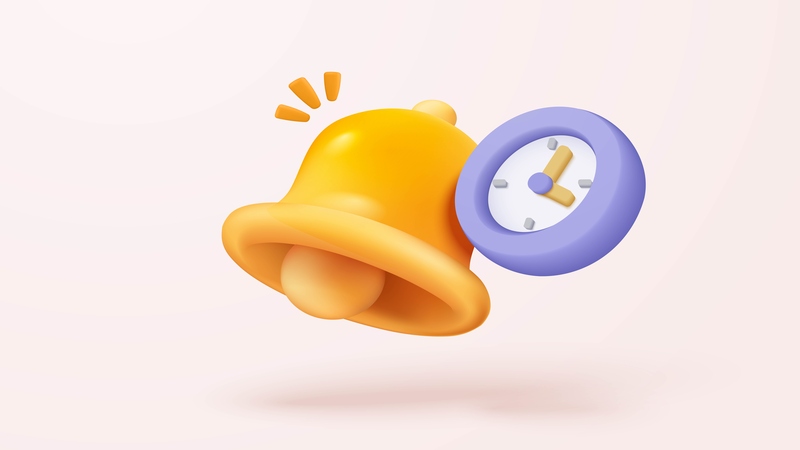
Bedwetting in school going children is a common condition, but many parents get worried and feel embarrassed about it. If your child is over the age of 7, and you have consulted a doctor to rule out any medical, psychological and emotional disorders, you could consider using the Moisture Alarm to get your baby over with bed wetting. It may be mentioned here that almost all children outgrow bed wetting with age and time. Also, never assume bed wetting as a sign of laziness, it is just the child’s inability to wake up to pee during the night when the urge strikes.
Moisture alarms are, well, like normal alarms – they produce a sound to make you wake up from sleep on the detection of moisture or urine. You get a variety of them in the market, and they are typically of the below listed three types:
- Wearable Alarms: These can be worn in or under the underpants or the pajamas. They detect presence of moisture immediately, and raise and alarm thus waking your child up before he empties the bladder in the bed. Such alarms have the moisture sensor and alarm unit connected to each other with a wire.
- Wireless Alarms: In these types of alarms, the moisture sensor is worn under the pajamas and the alarm unit is kept away. The sensor transmits the signal of moisture and the alarm rings.
- Pad Alarms: These alarms are not worn by the person directly, but are put on the place where the child is sleeping. The moisture sensor comes embedded in the pad while the alarm is generally kept away from the bed.
Bedwetting alarms are considered to be the best and the safest option to grow children out of bedwetting. It may be noted that the first few weeks of using this, it will be the parents who will be awakened, and then the child will also hear the alarm ring in his sleep. Within 12 weeks or so, your child may start waking up on his own to urinate. If your child stays dry for about 3 weeks, you could stop using the alarms after continuing it for 2 more weeks. Relapse rates are less, biut should it happen, you could repeat the process.
